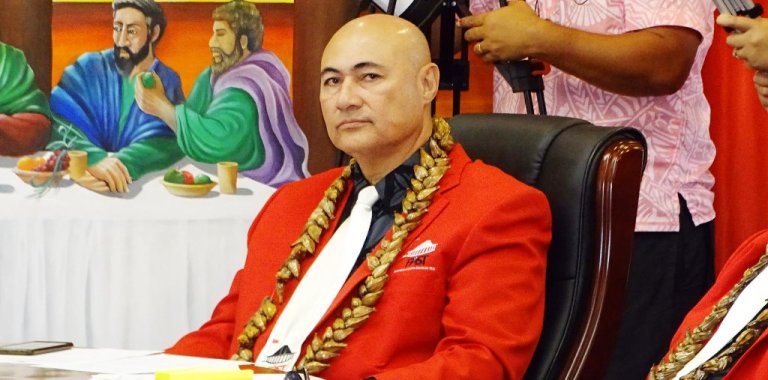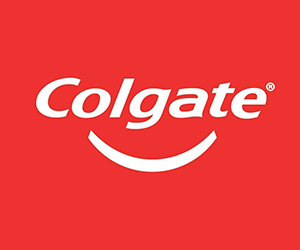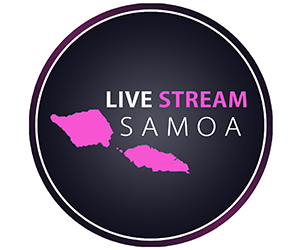Court
Attorney General and Respondents Ordered to Pay Court Costs

By Lagi Keresoma
APIA, SAMOA – 13 JANUARY 2022: The Attorney General and two other respondents have been ordered to pay total costs of $6,000 to the Deputy Prime Minister, Tuala Iosefo Ponifasio to close a five year long legal battle that started after the 2016 general election.
“The appeal is accordingly allowed. The Judge’s order is quashed. In its place we order the first and second respondents to pay the appellant costs of SAT$4,000. The first respondent must pay the appellant costs on the appeal of SAT$1, 500,” the Court of Appeal ruled on Tuala’s appeal last December.
Background to the Case
Tuala who was a candidate in the 2016 general election was convicted and fined $8,000 on 6 counts of bribery after a private prosecution trial.
Tuala appealed his conviction and sentence and presiding judge, Tafaoimalo Leilani Tuala-Warren upheld the appeal and quashed the conviction.
Tuala-Warren’s decision was however appealed and was heard by the Court of Appeal last December.
Parties to the case were the Attorney General (First respondent) and Taulagamago Simone, Ituau Enele, Tevaga Samilolo and Vave A (Second respondent).
AG right to delegate appeal is unlawful
The Second respondent wanted to appeal Judge Tafaoimalo’s decision, however under Section 63 of the Judicial Ordinance (since being repealed), they were not allowed to do so.
The Attorney General then under Section 178 of the Criminal Procedure Act 2016 delegated his right to appeal the decision.
Tuala applied for a declaration against the delegation on the basis that it was “unlawful and of no effect.”
“The Attorney General had no authority to delegate his right of appeal, and this was made clear to the respondents at an early stage, and that to continue with the appeal was unnecessary, ill-advised and put the appellant to the expense of upholding his position,” said Tafaoimalo.
She was also inclined to accept Tuala’s submission that both respondents “showed total disregard for the relevant legislation and the ramification of the unlawful actions relating to the purported delegation.”
The Court of Appeal noted that after considering his position, the Attorney General accepted that he had erred and revoked the delegation.
Indemnity costs
Tuala applied for indemnity costs of $10,530.55 but Judge Tafaoimalo in her decision of March 2020 settled for $3000 to be paid by the Second defendants.
Tuala again appealed the decision on the basis that the order for payment should have been directed to both respondents.
The Judge however said it was difficult to impose costs against the AG as such situation is not within Section 188 of the Criminal Procedures Act which has a provision that avoid costs being ordered against the AG.
“Accordingly, I find that $3,000 are costs reasonably and properly incurred by the appellant in upholding and defending his position,” she said.
Judge erred in judgment
Tuala’s counsel, Fuimaono Sarona Ponifasio said the Judge was wrong to rely on section 188(2) of the Criminal Procedures Act 2016 by not awarding costs against the AG.
Fuimaono submitted that the costs related to a challenge to an invalid appeal which was not a criminal proceeding and the appellant as the successful party, was entitled to an award of costs against both parties.
The Court of Appeal noted that whilst Fuimaono argued for indemnity costs in her written submission, she never pressed for such order during her oral arguments.
They also noted that Fuimaono only argued for an award of party and party costs which was the basis for Judge Tafaoimalo’s decision.
Counsel for the AG, Fuimaono Sefo Ainuu defended Judge Tafaoimalo’s decision.
“Section 188(2) of the Criminal Procedure Act applies as the appeal was brought by the informants albeit relying on delegated authority of the Attorney General.,” he said.
He further argued that the AG is protected from liability by Section 17 of the Attorney General Act 2017 which exempts him from personal liability.
“The Attorney General did not act unreasonably or behave badly or in bad faith in mistakenly delegating his authority to the second respondents, especially that the delegation was revoked as soon as it became apparent to the Attorney General that he had acted in error,“ said Fuimaono Sefo.
Court of Appeal findings
The Court of Appeal agreed that there is no basis for an order for costs against the AG.
They support Judge Tafaoimalo’s decision that the Attorney General had no power to delegate his right of appeal to the second respondents.
“In purporting to invoke his powers under the Attorney General Act 2013, he was plainly in error and the appellant was right to challenge his actions. He did so by way of an application filed in the appeal proceeding,” said the Court of Appeal decision.
They also concluded that Section 17 of the Attorney General Act does not apply to preclude an order for costs against the Attorney General.
“It protects the Attorney General (and the responsible Minister) against personal liability for discharging his functions in good faith. It does not operate to shield the Crown from liability for costs in cases to which the Attorney General is a party.
“We are accordingly satisfied that an award of costs may be made against both the Attorney General and the second respondents in relation to the unlawful attempt to circumvent the restricted right to appeal the Supreme Court’s decision.”
The Court of Appeal comprised the Honourable Chief Justice, Satiu Simativa Perese, Honourable Justice Hansen and Honourable Justice Harrison.


















